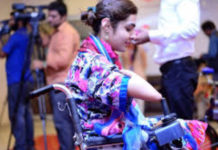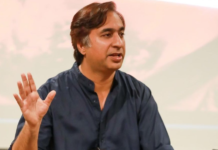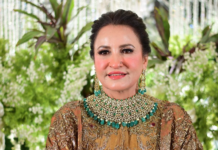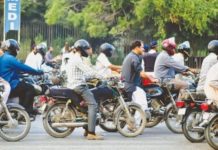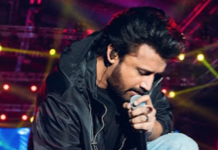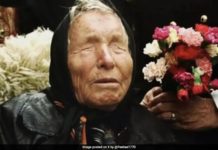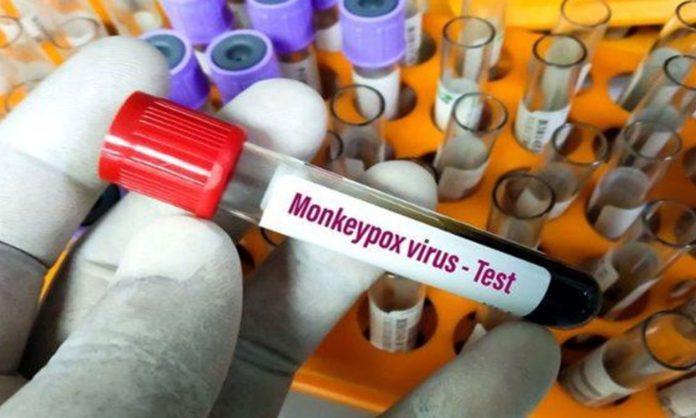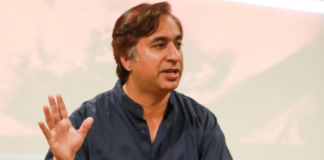Monkeypox is a rare viral disease that originally occurs in remote parts of Central and West Africa. In August 2021, the World Health Organization (WHO) reported the first outbreak of monkeypox in Pakistan, with over 200 cases identified in the country. The outbreak has been linked to the imports of infected animals, emphasizing the need for effective disease surveillance and control measures to prevent the spread of infectious diseases
What Is Monkeypox?

The virus is similar to human smallpox but less severe. The disease is spread to humans through direct contact with infected animals, mainly rodents, and through human-to-human transmission. Symptoms of monkeypox include fever, headache, muscle aches, backache, swollen lymph nodes, chills, and exhaustion. A rash typically develops, often beginning on the face and then spreading to other body parts. While monkeypox outbreaks are rare, there have been recent reports of cases in Pakistan.
Monkeypox In Pakistan
According to insiders from the health ministry, the Monkeypox cases involve individuals from the cities of Rawalpindi and Islamabad. These sources revealed that the two patients had arrived in Pakistan on the same flight from Saudi Arabia on April 17 and were displaying symptoms of the highly contagious illness.
The Monkeypox patients were transported to PIMS Hospital, and their blood samples were forwarded to the National Institute of Health (NIH). The spokesperson for the health ministry verified the identification of the Monkeypox virus in line with the results of the tests conducted on both patients by the NIH. A representative of PIMS reported that one of the patients is currently receiving treatment in the hospital and their condition is stable, while the other patient is in isolation at their residence.
New Guidelines For Travelers
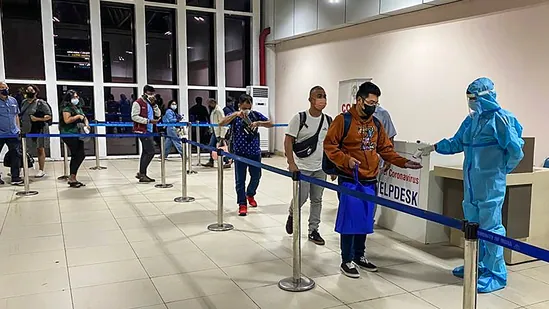
Ever since the discovery of the Monkeypox cases, the health department has released specific instructions to all airports throughout the country for travelers. Under the guidelines, medical screenings will be conducted on all travelers arriving from foreign countries, and airport personnel will be required to wear masks at all times. Additionally, porters have been instructed to wear masks and gloves while carrying out their duties.
Furthermore, no VIP protocol will be provided to passengers at the airports, and all individuals will be subject to a comprehensive health assessment upon arrival, with suspected cases being promptly isolated and taken to a medical facility. The spokesperson for the health ministry confirmed that these regulations are being strictly enforced across all airports, and the Border and Health Services organization is closely monitoring the situation.
Stay tuned to Brandsynario for more news and updates.




